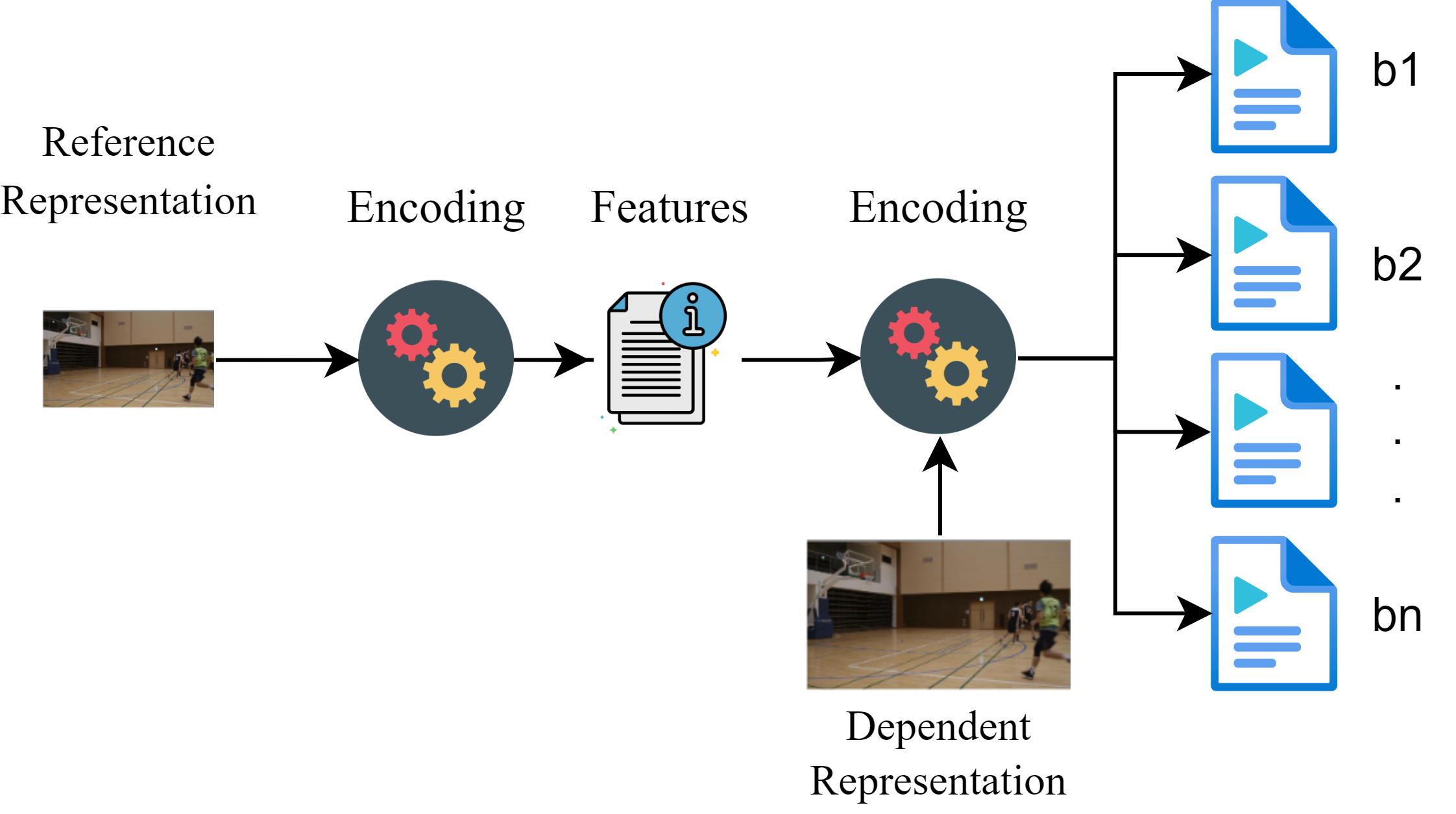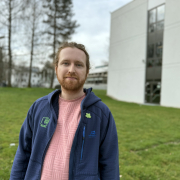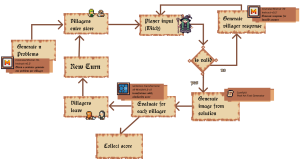Multi-resolution Encoding for HTTP Adaptive Streaming using VVenC
The IEEE International Symposium on Circuits and Systems (IEEE ISCAS 2025)
25–28 May 2025 // London, United Kingdom
Kamran Qureshi (AAU, Austria), Hadi Amirpour (AAU, Austria), Christian Timmerer (AAU, Austria)
Abstract: HTTP Adaptive Streaming (HAS) is a widely adopted method for delivering video content over the Internet, requiring each video to be encoded at multiple bitrates and resolution pairs, known as representations, to adapt to various network conditions and device capabilities. This multi-bitrate encoding introduces significant challenges due to the computational and time-intensive nature of encoding multiple representations. Conventional approaches often encode these videos independently without leveraging similarities between different representations of the same input video. This paper proposes an accelerated multi-resolution encoding strategy that utilizes representations of lower resolutions as references to speed up the encoding of higher resolutions when using Versatile Video Coding (VVC); specifically in VVenC, an optimized open-source software implementation. For multi-resolution encoding, a mid-bitrate representation serves as the reference, allowing interpolated encoded partition data to efficiently guide the partitioning process in higher resolutions. The proposed approach uses shared encoding information to reduce redundant calculations, thereby optimizing the partitioning decisions. Experimental results demonstrate that the proposed technique achieves a reduction of up to 17% compared to medium preset in encoding time across videos of varying complexities with minimal BDBR/BDT of 0.12 compared to the fast preset.













